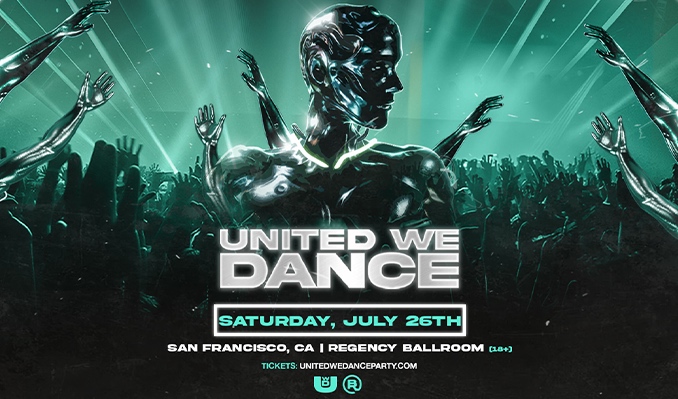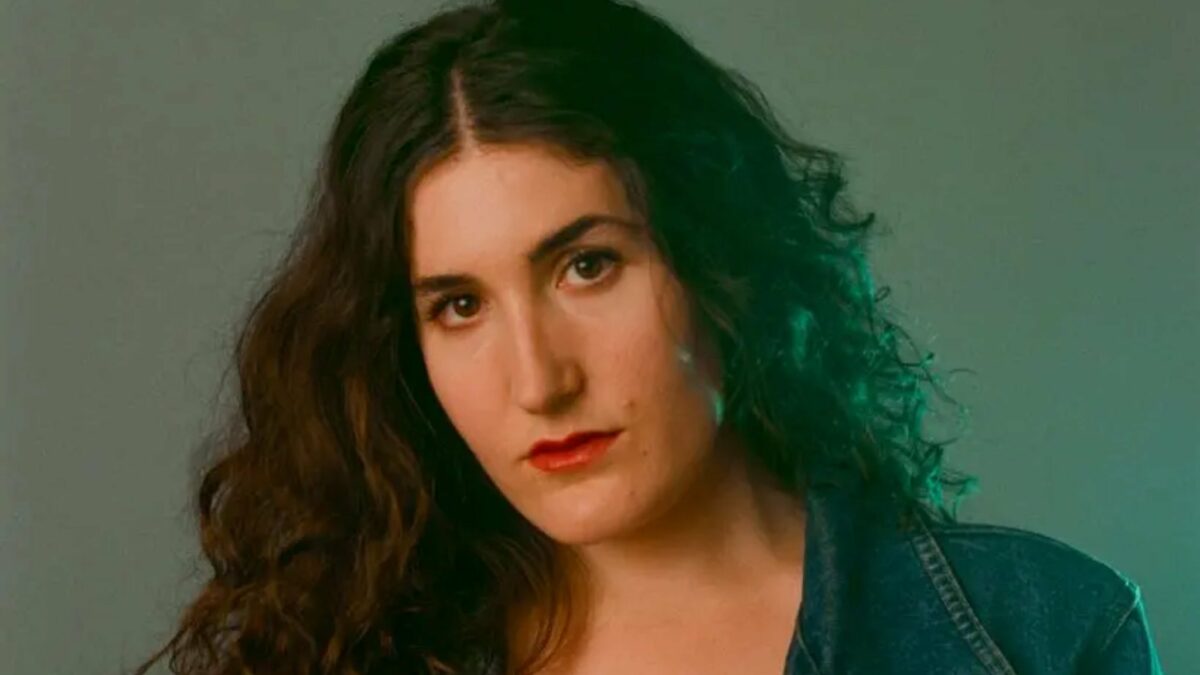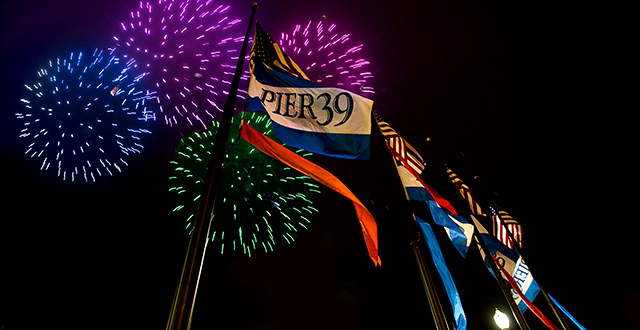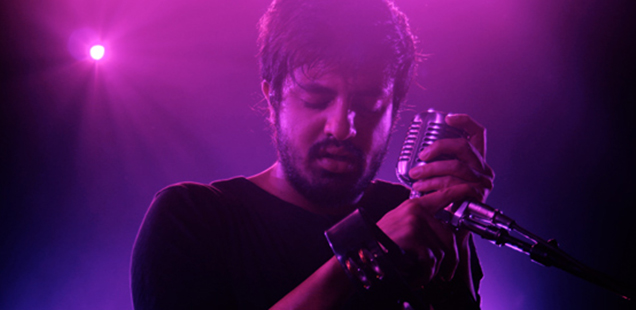Movie Review: ‘The World’s End’ Is An Apocalyptic Ending for Simon Pegg, Nick Frost, and Edgar Wright’s Cornetto Trilogy
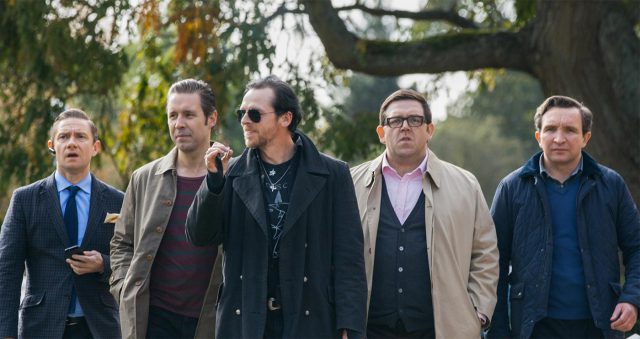
The final act of Edgar Wright, Simon Pegg, and Nick Frost’s The Cornetto Trilogy — or Blood and Ice Cream Trilogy depending on who you ask — is as thematically satisfying an ending to the series as it is entertaining. The World’s End not only builds upon the loose thematic ties to the previous two films — Shaun of the Dead and Hot Fuzz — it shows a maturation of Wright’s directorial style. Though somewhat darker than their previous collaborations the script by Wright and Pegg also feels more personal, touching on nostalgia without abandoning the witty humor they’ve become known for.
While all three films can ostensibly stand on their own — indeed the idea for a trilogy was never considered until after Hot Fuzz was made — they share similar themes and characteristics that link them together. First, all three take place in small English towns, portraying life in rural England rather than within the hustle and bustle of a big city. Second, Simon Pegg leads every film as a character that is somehow emotionally stunted and must overcome an external attack to achieve a higher clarity. Third, Nick Frost acts as sidekick, initially for humor but ultimately as his co-conspirator in the overall story arc. Where The World’s End departs the most is that while Pegg is still the main character to Frost’s wingman it’s Pegg who provides the humor with Frost playing the straight man.
Pegg is Gary King, the coolest kid during his teens but he hasn’t matured at all since then. The others in his group of friends, Andrew (Nick Frost), Peter (Eddie Marsden), Oliver (Martin Freeman), and Steven (Paddy Considine) have all grown up into normal adults. Gary’s best memory is the five’s attempt to complete the Golden Mile, a pub crawl of twelve pubs, an adventure they all ultimately failed. Suddenly, Gary feels compelled to re-attempt the Golden Mile, even though the group has since become estranged. Despite their obvious misgivings about the request — rightfully out of nowhere — Gary is able to convince them all through some attempt at recapturing a nostalgic era. Once they begin the epic crawl, however, they realize something bigger has changed in their hometown since they left. The pubs have become all homogenized and they aren’t recognized by any of their former neighbors. What they finally discover is that, in a twist of science-fiction, almost everyone in the town has been replaced by alien robots.
Just as Shaun of the Dead covered the horror/zombie genre and Hot Fuzz paid homage to the action canon, The World’s End tackles sci-fi recalling such flicks as They Live and Invasion of the Bodysnatchers. Also similar to the previous films, it stands up on its own as a legitimate entry into the science-fiction genre it so lovingly borrows from. And yet there’s a sobering gloom that takes center stage due to Pegg’s portrayal of the increasingly irritating Gary, a guy who refuses not only to move on from his past but to even move on from the Golden Mile as the bigger dilemma eventually presents itself. It’s a fitting finale for the series as Gary represents a twisted longing for the past. The longing in and of itself isn’t twisted, but Gary’s insistence on continually living as the boy he once was is disturbing.
There’s also more of an emotional core that persists and balances out the pervading darkness of Gary’s character. The strength of Wright and Pegg’s writing has always been their ability to balance humor, sentiment, and whatever genre they decided to tackle, but The World’s End feels as if it’s the ending of something. The characters and the plot may be all new and original, but there is a persistent feeling of bringing something greater to a close — and it’s not just due to the film’s apocalyptic leanings. Most evidently it’s due to the reunion of former friends attempting to recapture their youth but it’s also exhibited through Edgar Wright’s more fluid visual style. Whereas his trademark has always been quick-cuts and layered gags — both of which are also present in his only non-Pegg and Frost film Scott Pilgrim vs. The World — Wright is more patient throughout The World’s End. The fight scenes are longer and include less edits and mirror the film’s moral of growing up.
Despite all of the above, the film is also hilarious. Whatever thematic growth Wright, Pegg and Frost have developed, the one thing they haven’t grown out of is their penchant for witty, layered humor. Because at the end of the day the three want to entertain and make audiences laugh. If they’re able to do that while delivering something more, that’s even better.
Rating: 5 out of 5


